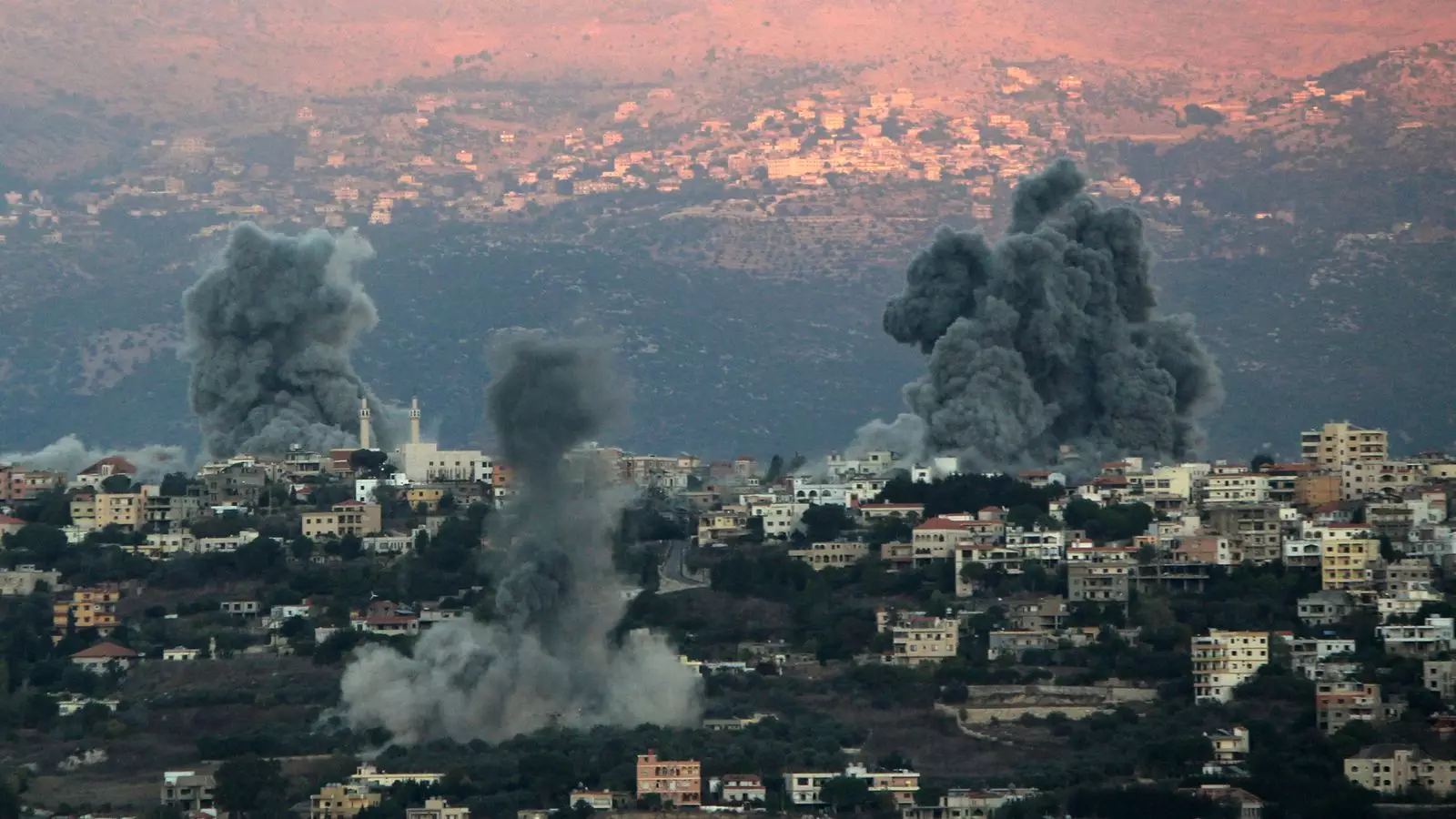The ongoing violent situation in Lebanon has escalated significantly in recent days, prompting a critical response from the UK government. Foreign Secretary David Lammy has issued a stark warning to British nationals in Lebanon, urging them to evacuate the country immediately. This plea comes amid rising tensions following the death of Hezbollah leader Hassan Nasrallah in Israeli airstrikes, highlighting the precarious and rapidly deteriorating environment in the region. As the potential for a full-scale regional conflict looms, the government is faced with the challenge of ensuring the safety of its citizens amidst escalating threats.
Government Response and Efforts for Evacuation
In response to the unfolding crisis, the UK government has activated a rapid response unit aimed at aiding the approximately 5,000 British citizens still in Lebanon. This initiative includes the deployment of 700 troops stationed in Cyprus and arrangements for commercial flights to facilitate evacuation. The urgency conveyed by Mr. Lammy underscores the unpredictable nature of the situation, as he cautioned against over-reliance on government assistance in the event of further escalation. His statements strongly advocate for immediate action among those yet to heed the evacuation call, emphasizing the inability of authorities to guarantee safety under heightened circumstances.
Mr. Lammy’s experience as Foreign Secretary, begun in July, has seen him proactive in seeking measures to assist British nationals abroad. He brought attention to earlier government advisories against travel to Lebanon, noting that even before the current crisis intensified, the government had flagged Lebanon as a high-risk destination. This historical context reveals the government’s timeline in addressing security concerns and their ongoing commitment to the safety of their citizens.
The geopolitical landscape has shifted dramatically following the targeting of Hezbollah’s leadership, which has resulted in public statements from the group vowing to retaliate against Israeli forces. Israeli Defence Minister Yoav Gallant’s warnings about impending military actions denote a larger scope of conflict, further complicating the dynamics in the region. Such escalations have prompted fears that what starts as a localized conflict could rapidly spill over, potentially drawing in additional actors and resulting in comprehensive regional warfare.
The international community is paying close attention as well, including the United States. Lammy’s conversation with Secretary of State Antony Blinken highlights strong diplomatic channels in place aimed at mitigating further escalation. Their collective concern suggests an understanding of the delicate balance needed to navigate conflicts in the Middle East and the repercussions that could arise from military confrontations.
The complexity of the situation is further compounded by Iran’s involvement as a major backer of Hezbollah. Lammy recently met with the Iranian Foreign Minister to discuss restraint and caution against aggressive posturing from all parties involved. This diplomatic engagement underscores the multi-faceted approach the UK is taking, attempting to balance support for Israel while also encouraging dialogue with Iran—recognizing that miscalculations on either side could lead to wider hostilities.
The challenge of balancing national security interests with diplomatic negotiations is not lost on observers. The potential for military aid being sent to Israel raises questions about international complicity in escalating tensions. Lammy’s efforts to maintain open communication with Iranian officials highlight a recognition of the importance of de-escalation while also preparing for future contingencies.
As the situation in Lebanon continues to develop, it is clear that the urgency for British nationals to leave is his top priority. Lammy’s clear messages and the establishment of a rapid response unit represent a determined effort to safeguard citizens in a volatile region. The labyrinth of diplomatic relations, military readiness, and humanitarian concerns encapsulates the challenges faced in crisis response. In light of rising tensions, it is imperative for those in vulnerable positions to heed official guidance and prioritize their safety, as the stakes grow ever higher in this critical juncture of international relations.


Leave a Reply